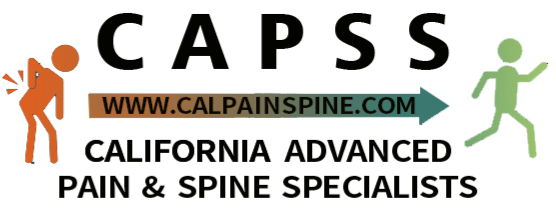Hip Pain
The hip is the joint between the thigh bones & pelvis and provides stability and support in your body. As a result, pain in the hip can be excruciating and make movements difficult.
Hip pain is relatively common among both kids and adults. Approximately 7.1% of those with chronic pain claim to feel it in their hip, according to the Centers for Disease Control and Prevention.
Common Causes of Hip Pain
Osteoarthritis
This form of arthritis is extremely common and it entails disintegration of the cartilage. This is cartilage that covers the acetabulum and the surface of femoral head. As it breaks down it causes the bones to rub against each other, resulting in a lot of hip pain. As well as pain, OA may cause hip stiffness and loss of flexibility. In the end, bony spurs can form and worsen the pain in the groin area, buttocks and front of thighs. If a person with osteoarthritis becomes inactive for days, pain and stiffness may exacerbate.
Hip Tendinitis and Bursitis
Tendinitis occurs when the band of tissues that attach muscles to bones get inflamed due to overuse. When it occurs in the hip area, there will be a dull, deep ache in the groin area when one is climbing up a stair case when getting up from a chair. Bursitis occurs when the bursae gets irritated due to your tendons no longer being cushioned. Pain due to bursitis has a burning sensation.
Hip Injuries
The hip area is prone to different sorts of injuries and some can happen during an auto accident or hazardous fall. An accident can cause a bone fracture or dislocation of the femoral head (the head gets out of the socket). The hip joint that is affected by osteoporosis or a congenital deformity is so prone to even the slightest trauma.
Treatments for Hip Pain
NSAIDs
These are mostly preferred when one has arthritic pain. Most hip conditions can be calmed down with non-steroidal anti-inflammatory drugs.
Corticosteroids
These drugs heal quickly because they act like cortisone, a substance made by your body to regulate inflammation. When hip inflammation is triggered by a systematic autoimmune disease, corticosteroids can be used to reduce pain.
Analgesics
These are primarily used to reduce hip pain and are an alternative to NSAIDs.
Let Us Help You

